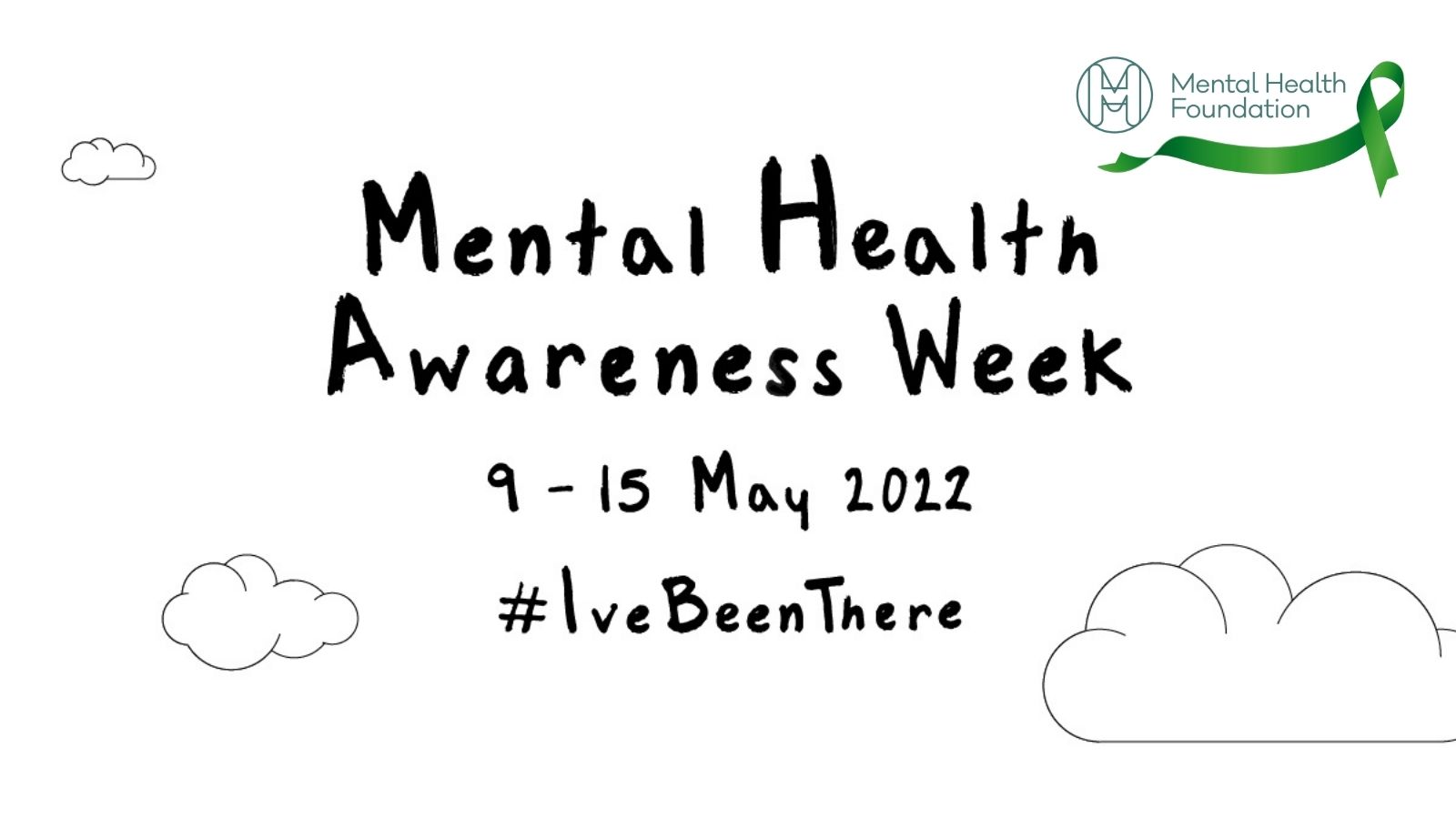Over the next week UKUPC will be taking part in the UK’s Mental Health Awareness Week, working together to support you, our members to focus on achieving good mental health.
Each day we will be providing top tips, tools, and the support you need, to start living a mentally healthier life.
#MentalHealthAwarenessWeek was established over 21 years ago by The Mental Health Foundation, to this day they continue to set the theme, organise, and host the event, which this year focuses on the theme of loneliness, our connection to other people and our community.
Loneliness has had a huge impact on our physical and mental health during the pandemic and we will fully explore this theme on Friday 13 May with our UKUPC Webinar: Loneliness and Connection which is being hosted by the Higher Education Purchasing Consortium Wales (HEPCW) at 10am.
Register here to join us for this valuable session facilitated by Zainah Khan of Chakra Corporate Mental Strength and discover the ways in which we can identify and address loneliness in ourselves and others while learning:
- How to recognise the signs and symptoms of loneliness in yourself and others.
- How to recognise what loneliness is not.
- How to identify your needs from personal relationships.
- How to evaluate the quality of your existing relationships and how your needs are / are not being met.
- How to connect with others when you cannot physically be with them.
- How to feel fulfilled at times you feel alone.
Kick start your path to a mentally healthier life today by checking out this excellent article by The Mental Health Foundation on Student Loneliness or why not try these six instant stress strategies taken from an article published by Vitality on 12 April 2022 and written by Hattie Parish.
1) Declutter
To the brain, clutter represents unfinished business, and this looming presence of incompleteness can be highly stressful. ‘There has been lots of research which shows that decluttering can have a beneficial effect on managing stress,’ explains Sidhu. In one study, women who described their homes using more positive language had lower levels of the stress hormone cortisol than women who described their homes as cluttered.
Try taking a few minutes each day to tidy up a different area of your home. Use this time to put things away, recycle, set items aside for charity and to invest in smart storage solutions.
Time taken: 5 minutes
2) Have a cold shower
Wild swimming is a fitness craze you’ve no doubt heard of, but its popularity is not purely down to the fact that it is great exercise. Cold water swimming is said to increase stress tolerance, improve mental resilience and boost levels of the ‘feel-good hormone’ dopamine, among other positive effects.
‘As stress and anxiety cause an increase in blood pressure, in theory, submerging or showering in cold water may help bring it down,’ says Sidhu. Cold water may also decrease levels of cortisol. If you cannot make it to a body of water, you can reap all the benefits from your shower, either by including a quick blast of cold at the end of your usual shower or jumping in for a couple of minutes whenever stress threatens to overwhelm.
Time taken: 2-3 minutes
3) Limit mobile phone use
Lockdown led to a huge surge in screen time, with UK adults using their phone for up to 40% of the day. But having our phones constantly at arm’s reach means we are continually raising our levels of the stress hormone cortisol, impacting our health.
Plus, the constant stream of information, notifications, and the expectation to be ‘always-on’ are key contributors when it comes to raising stress levels. ‘Technology has not been around quite long enough for us humans to have figured out the boundaries around it, unlike things like driving, smoking or drinking,’ says Aston.
So how do we limit our use? Aston suggests having regular ‘phone detoxes.’ ‘Once a month, go through your social media and empower yourself by unfollowing or muting accounts that cause you stress or upset.’ She also recommends having your phone set to ‘do not disturb’ when at work, or with friends.
Time taken: 10 minutes
4) Practise self-care
An often-overlooked part of a busy schedule is self-care, but those who neglect it are at risk of deeper levels of unhappiness, low self-esteem, and feelings of resentment. ‘Self-care helps us cope in the moment,’ says Reading. ‘It helps us to restore following challenging experiences and gives us a protective buffer against future curveballs.’
Ideally, Reading says, self-care should be woven into your daily routine, and you can begin by looking at how you approach everyday activities such as showering, dressing, and eating, as well as activities like yoga, breathing practices and journaling. Reading says, ‘It’s as much about skills like curiosity, compassion and appreciation as it is about taking the time out with a self-care practice.’
Time taken: 20 minutes
5) Connect
One survey, commissioned by Schulstad Bakery Solutions, found that of the top 50 things that make Brits feel the most content, spending time with our family or loved ones came out on top. And its little wonder – socialising (as well as things like hugging and hand-squeezing) increases levels of a hormone called oxytocin that decreases anxiety levels and makes us feel more confident in our ability to cope with stressors.
‘We benefit enormously when our loved ones can acknowledge and validate our feelings,’ says Reading. Even a quick chat on the phone during a stressful period can remove you from a situation and help you to gain more perspective.
Time taken: 10 minutes
6) Move more
It’s well-documented that exercise is a powerful stress-reliever as it increases feel-good hormones called endorphins. But you do not need to be pounding pavements to benefit – in fact, according to the Anxiety & Depression Association of America, just five minutes of movement is all that is needed to feel a difference. ‘Moving your body can have immediate, positive effects,’ says Aston.
Busy day? Reading suggests breaking up sedentary periods with gentle, joyful movement every 30 minutes – and this can be something as simple as a stretch. ‘A simple stretch has profound effects on stress levels, mood, energy, mental clarity, digestive health and immune health.’
Time taken: 5 minutes
Only got a minute? Try these three super-speedy stressbusters
- Box breathing ‘Breathe in for three seconds, hold for three, breathe out for three and hold for three,’ says Sidhu. ‘Use this in the moment when experiencing heightened stress.’
- Chicken-wing shoulder roll Reading says: ‘Research shows that a tall upright spine lifts our mood and diminishes fatigue. With your fingertips on your shoulders, breathe in and sweep your elbows up. As you exhale, take your elbows back and down. Do six of these to feel lighter and brighter.’
- Grounding exercise ‘Use your senses and notice five things that you can see, four things you can touch, three things you can hear, two things you can smell, and one thing you can taste/or are grateful for,’ says Sidhu. This can be used to help you get through moments of stress and anxiety and calm your mind.
Check out the full article here.



